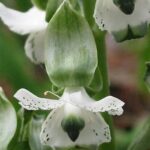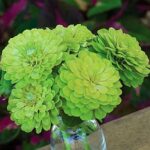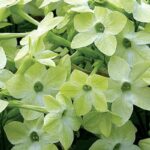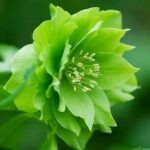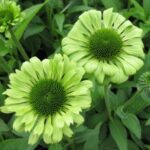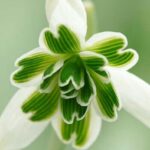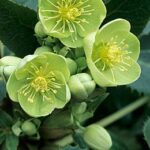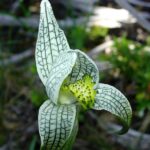Green flowers may not be a popular choice for traditionalists, but they can undoubtedly add a unique touch to any flower garden or floral arrangement. While some green flowers that you see in florist arrangements are artificially colored, there are also others that experts grow in greenhouses for commercial purposes. However, there are still some green flowers that are relatively easy to grow for the average gardener. Green zinnias and Bells-of-Ireland are examples of annuals that can look beautiful in a cottage garden or as cut flowers. Green flowers can also be used as accents in an all-white garden, which helps to break up the monotony of green foliage.
It is essential to note that pollinators such as bees and butterflies are generally attracted to brightly colored flowers, which explains why red, pink, yellow, and orange are the most common colors we see in flowers. Nevertheless, some flowers are pollinated by flies, which prefer unpleasant scents that humans are not fond of. As a result, it’s worth being aware that some green flowers with scents that attract flies may not be pleasant to people’s noses.
Finally, it’s worth noting that some of the green flowers that you’ll come across have been hybridized or genetically modified to produce green flowers. Many of these species are challenging to grow and produced by commercial growers, while some may not even be flowers at all but instead large green bracts that resemble flowers.
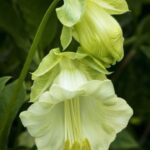





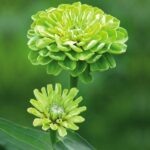
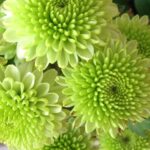
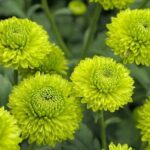
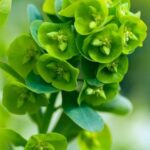

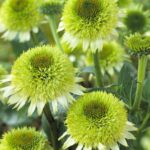
Let’s talk about Echinacea 1818. This plant is pretty popular for its medicinal properties. It is said to boost the immune system and help fight off infections. The name “Echinacea” comes from the Greek word for hedgehog, which refers to the spiky center of the flower.
In 1818, this plant was first identified by a botanist named Jacob Bigelow. He discovered it growing in the eastern United States and recognized its potential as an herbal remedy. Since then, it has been used in traditional medicine to treat everything from colds to snake bites.
Today, Echinacea can be found in a variety of forms, including teas, tinctures, and supplements. While there is still some debate about its effectiveness, many people swear by its immune-boosting powers. So if you’re feeling under the weather, it might be worth giving Echinacea a try!
